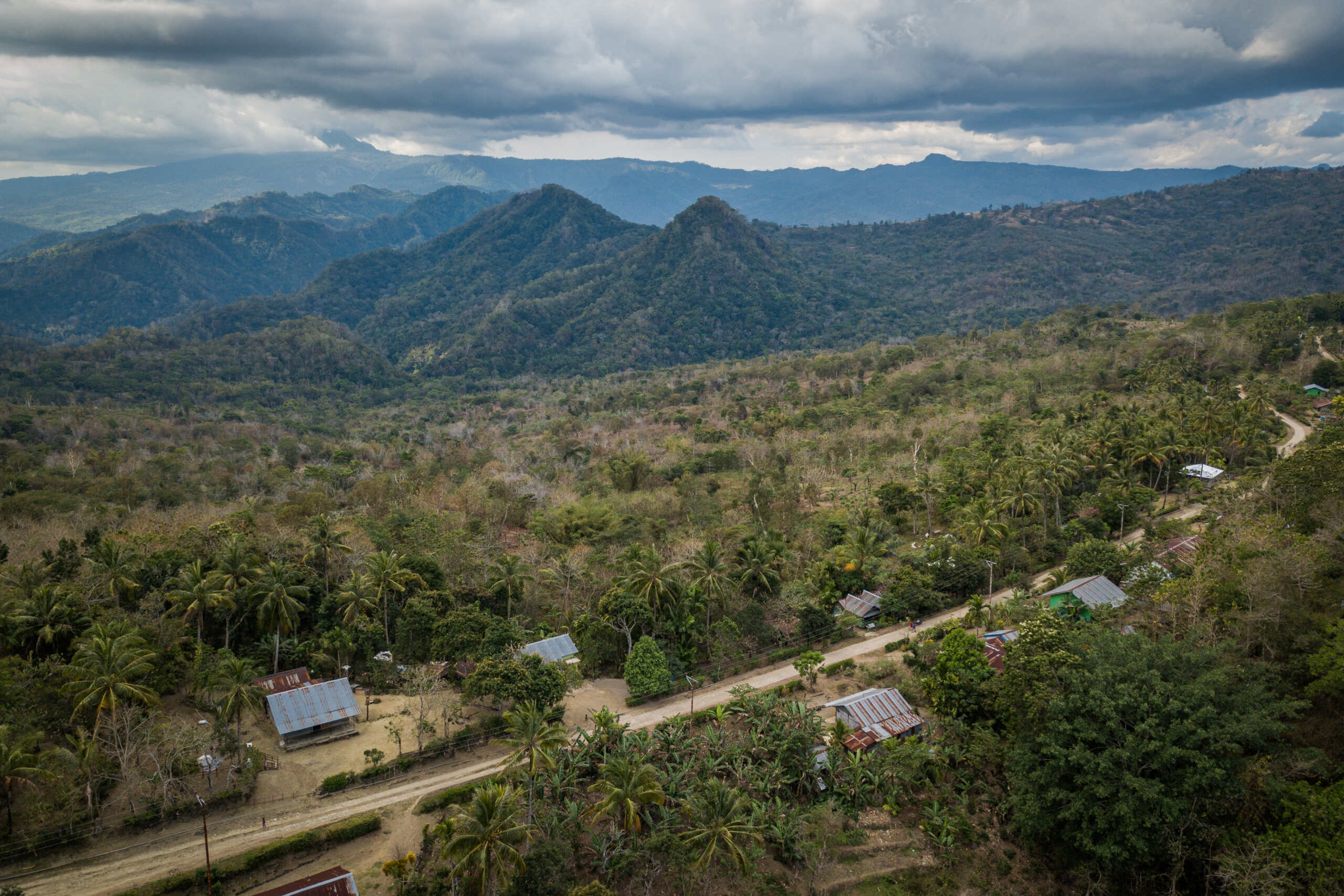Zimbabwe WASH project reduces barriers and keeps safe during Covid-19
Stories | January 20, 2022
The Covid-19 pandemic is sweeping the globe and health experts are highlighting the importance of personal hygiene in preventing the spread of the virus. The work CBM Australia does to foster inclusive water, sanitation and hygiene (WASH) practices in some of the poorest parts of the world is more crucial than ever.
In 2012, the World Health Organisation (WHO) reported that one in five Zimbabweans did not have access to clean drinking water sources, and that 60 per cent had no access to appropriate sanitation facilities.
About seven per cent of Zimbabwe’s population lives with disabilities. Although in 2010 the United Nations General Assembly recognised access to safe drinking water and sanitation as a human right, people with disabilities face multiple and complex barriers beyond the broader population for a range of reasons.
In Zimbabwe, CBM Australia has partnered with World Vision on a four-year project to improve water, sewer and public sanitation infrastructure for households, schools and other public locations, and also to improve hygiene practices in a number of regional provinces.
CBM Australia’s role has focused on capacity building and advocating for inclusive development. Specifically, these roles have included providing valuable technical advice, capacity development support, mentoring World Vision Zimbabwe staff and creating connections and relationships between the organisation and local disabled person’s organisations. This will ensure that people with disabilities are involved in local solutions for local communities.
The project, which worked with local government in the Zimbabwean municipalities of Bulawayo and Gwanda, had a focus on disability inclusion – both influencing accessible infrastructure designs and improving attitudes, behaviours and policy barriers.
Crucial to the success of the project has been the recruitment of more than 30 volunteer Gender Equity and Social Inclusion (GESI) Champions who served as links between local people with disabilities and social welfare and disability services, councils, schools, businesses and services.
The GESI Champions helped to break down barriers around community attitudes to foster greater social inclusion for people with disabilities.
The project also directly improved WASH infrastructure and by extension improved access to water, sanitation and hygiene for people with disabilities, which had a meaningful impact on the lives of individuals, families and communities.
Prior to the project, people with disabilities had reported a range of barriers to accessing water including long distances to water sources, taps that were inaccessible for people in wheelchairs and having to collect water at night which was dangerous.
As a result of the project, a number of accessible communal standpipes were constructed alongside prepaid household water meters, water tanks at six schools and one clinic, and bulk water meters at institutions.
A survey of participants with disabilities found the majority agreed or strongly agreed with the statement that the project had given them better access to water.
As one man with a disability reported: “It is now easier to access water as we no longer have to rely on children to wake up at 4am and go and fetch water.
“Before, other people wouldn’t allow people with disabilities to get water first, but now things have changed.”
Imagine the only water you have access to is deadly. Contaminated from animals’ excrement, water that is home to parasites and water-borne diseases. It’s the ONLY water available – it’s deadly and it can kill. When you have a disability, it is even harder to access clean water. You can help protect them. Please send an urgent and generous tax-deductible donation today to ensure no child dies from dirty water.
https://www.cbm.org.au/stories/zimbabwe-wash-project-reduces-barriers-keeps-safe-during-covid-19
Related Stories

Week 3 – Lent series 2026
This week, we’re reflecting with our colleague Christian, Supporter Relationship Specialist at CBM Australia, who turns to John 13:34–35 (NIV): “A new command I give...

Week 2 – Lent series 2026
As we continue our Lent journey, we’re grateful to share a heartfelt reflection from CBM Australia’s Head of Program Impact Operations, Kieran Cummins, who...

Building inclusive, climate resilient communities in Bangladesh
Highlights from DFAT Post’s visit In January 2026, representatives from the Australian High Commission in...
